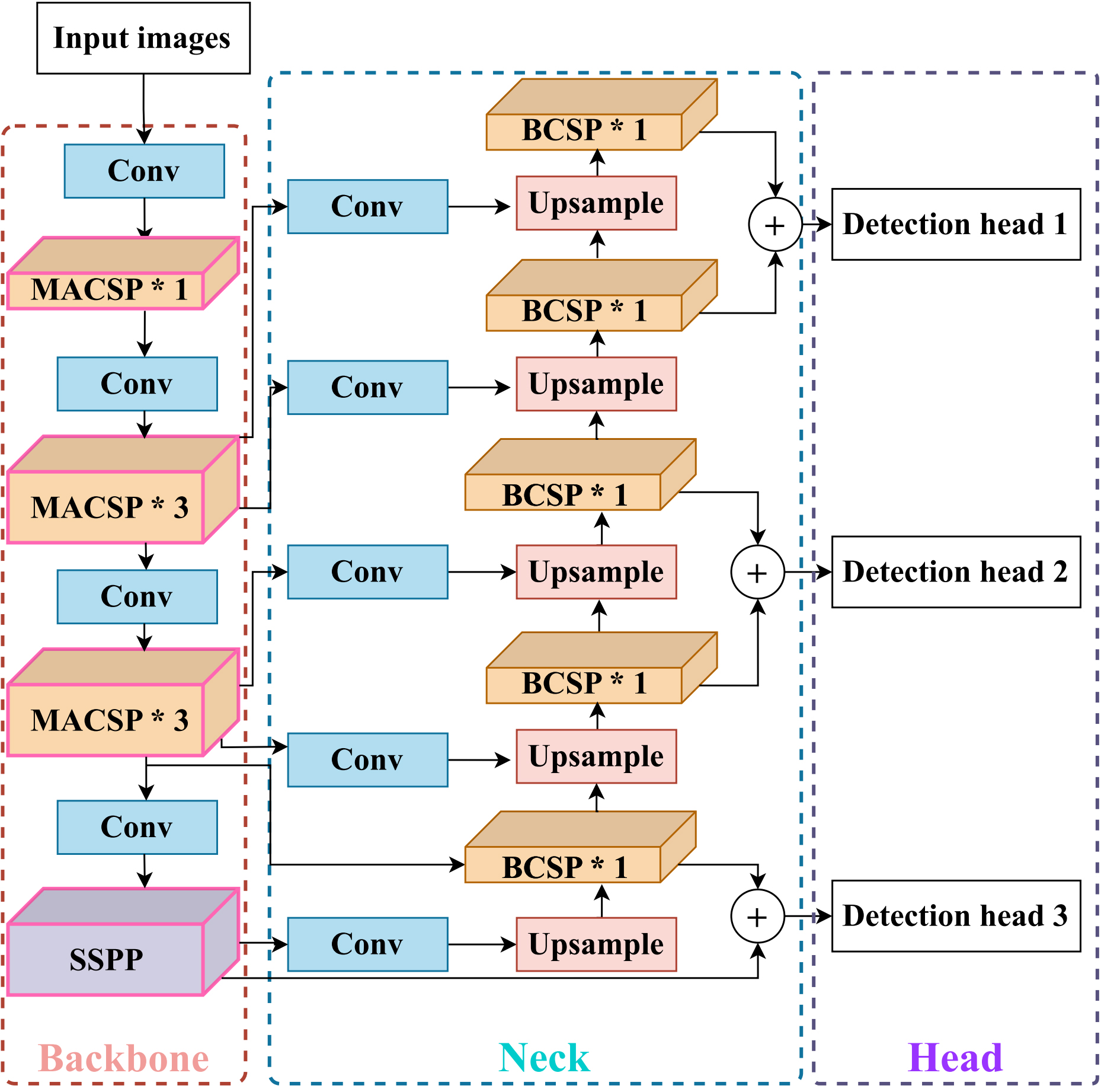
The problem of bacterial adhesion, bacterial transmission, and bacterial infection in food packaging has serious implications for the global economy and human health. Therefore, in recent decades, research specialists have worked to develop antibacterial materials which inhibit the growth of bacteria or achieve effective sterilization. To address the issues attributed to bacteria, this study created a superhydrophobic and antibacterial paper by adsorbing a layer of tea polyphenols and the FeCl3 reaction product on the surface of kraft paper, immersing it in AgNO3 solution for the in situ reduction of nanosilver, repeating the process four times, and then treating the surface with palm wax to reduce surface energy. The paper created showed excellent antibacterial properties (S. aureus inhibition rate of 99.963%, E. coli inhibition rate of 99.997%), superhydrophobicity (contact angle of water >155∘, sliding angle <5∘), stability, moisture-resistant performance, and reusability. This superhydrophobic antibacterial paper is extremely suitable for application in food packaging.